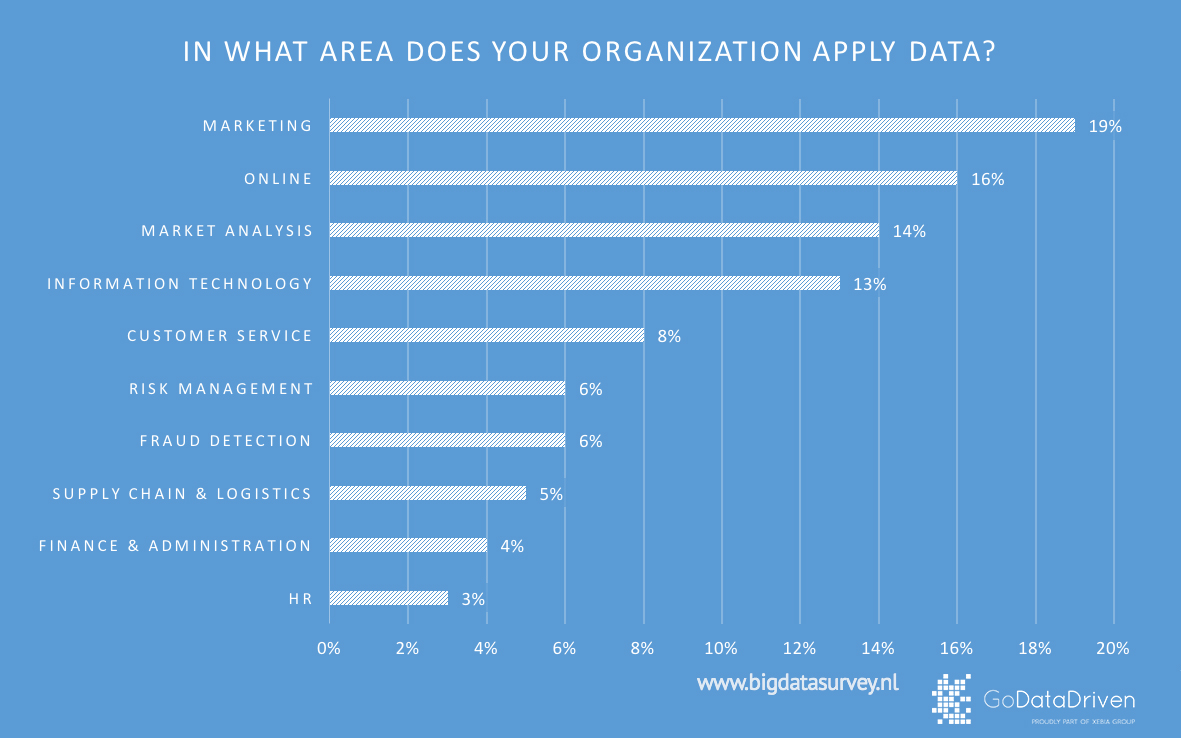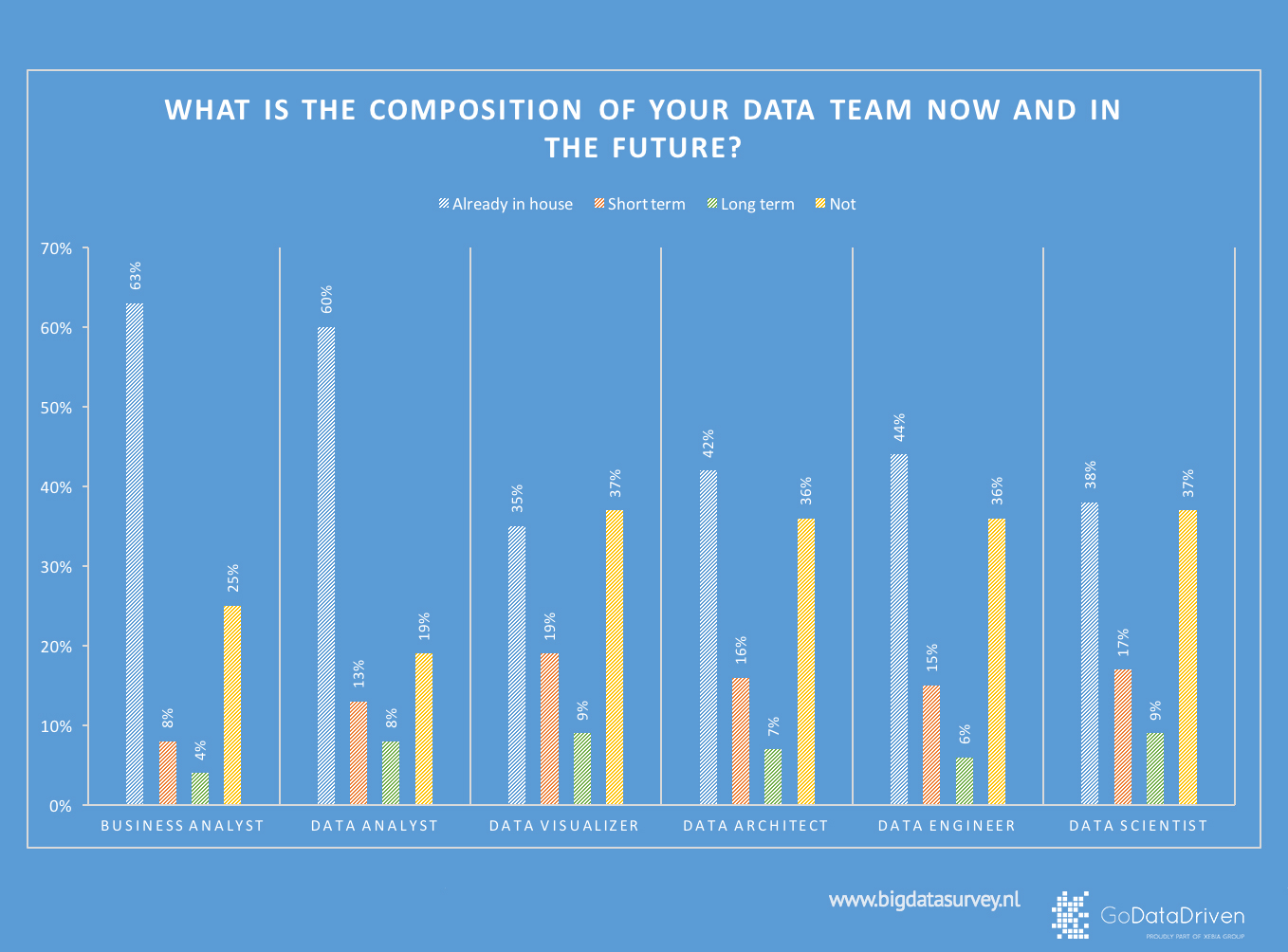Datafloq enables anyone to contribute articles, but we value high-quality content. This means that we do not accept SEO link building content, spammy articles, clickbait, articles written by bots and especially not misinformation. Therefore, we have developed an AI, built using multiple built open-source and proprietary tools to instantly define whether an article is written by a human or a bot and determine the level of bias, objectivity, whether it is fact-based or not, sentiment and overall quality.
Articles published on Datafloq need to have a minimum AI score of 60% and we provide this graph to give more detailed information on how we rate this article. Please note that this is a work in progress and if you have any suggestions, feel free to contact us.



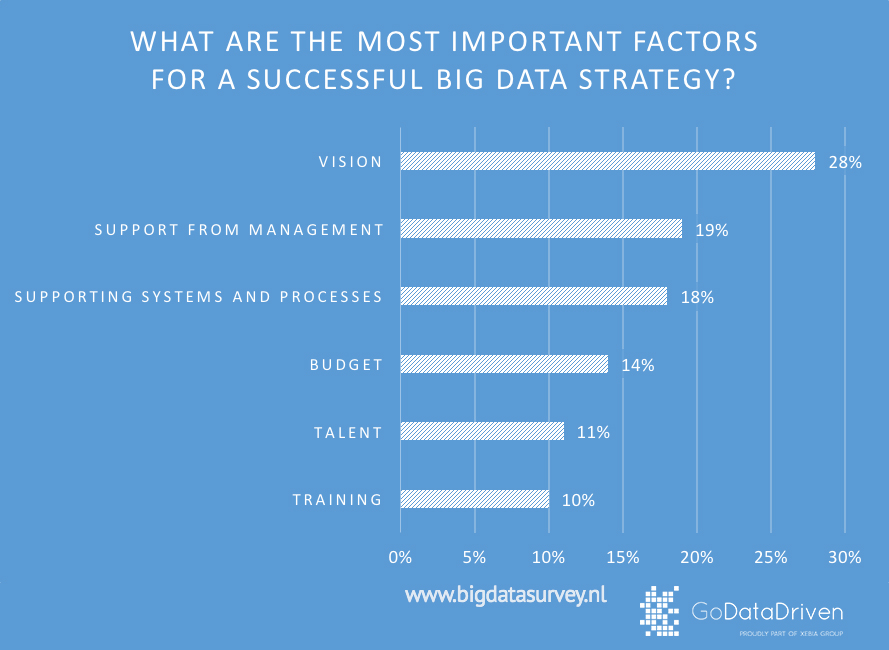 A successful data project clearly begins with support from the management and a proper strategy. That gives direction and the support the organization needs to move data driven processes to the business, adds Walter van der Scheer, chief marketing at GoDataDriven.
A successful data project clearly begins with support from the management and a proper strategy. That gives direction and the support the organization needs to move data driven processes to the business, adds Walter van der Scheer, chief marketing at GoDataDriven.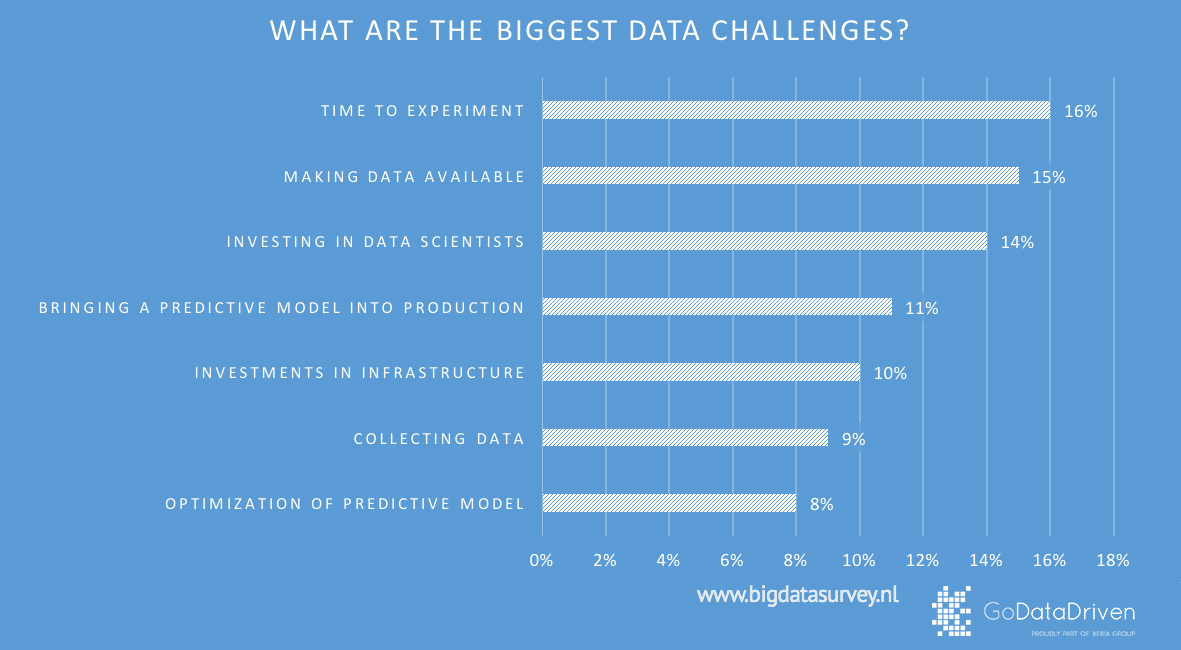
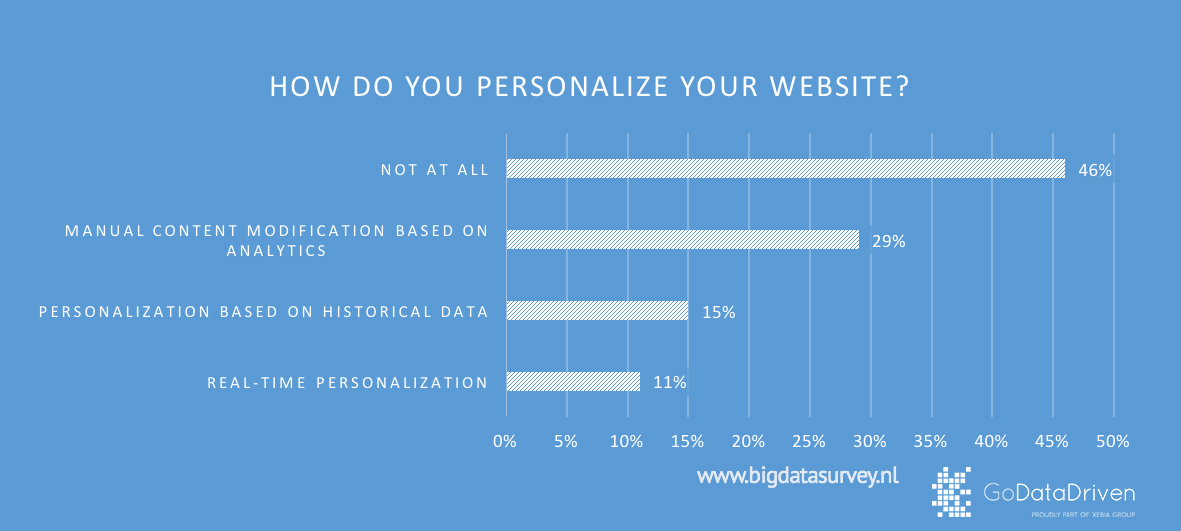 Only a small part of organizations applies data to back-office processes like supply chain management and logistics, finance and administration, and HR. Clearly, organizations expect quicker and better results from marketing related processes, possibly also because of the data that is already collected from these processes. For companies that take their first steps with data this is perfect as positive results contribute to support from the management. Still, back-office processes should not be overlooked, as often substantial profit can be gained here.
Only a small part of organizations applies data to back-office processes like supply chain management and logistics, finance and administration, and HR. Clearly, organizations expect quicker and better results from marketing related processes, possibly also because of the data that is already collected from these processes. For companies that take their first steps with data this is perfect as positive results contribute to support from the management. Still, back-office processes should not be overlooked, as often substantial profit can be gained here.